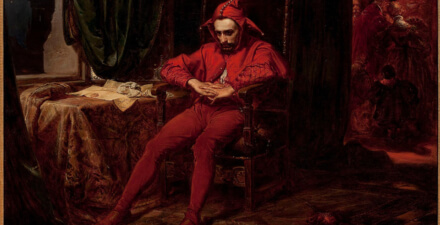Do Unemployment Insurance Benefits Improve Match Quality? Evidence from Recent U.S. Recessions
092920-WP-Do Unemployment Insurance Benefits Improve Match Quality-Farooq Kugler and Muratori
Authors:
Ammar Farooq, Uber Technologies
Adriana Kugler, Georgetown University
Umberto Muratori, Georgetown University
Abstract:
Unemployment insurance benefit extensions lengthened the duration of unemployment spells during the Great Recession and previous recessions. In this paper, we present new evidence for the U.S. on the impact of more generous unemployment insurance on workers’ ability to find jobs better suited to their skills. We first use Longitudinal Employer-Household Dynamics (LEHD) data and find that the unemployment insurance extensions introduced during the past two recessions increased earnings and improved the quality of worker-job matches (e.g., allowing better workers to work in better firms). We also use Current Population Survey data and find that longer UI benefit durations increase the educational requirements in the new job after the unemployment spell and decrease the mismatch between workers’ educational attainments and the educational requirements of jobs (i.e., over-education). We find bigger effects of UI on match quality for women, non-whites and less-educated workers, all of whom are more likely to be credit-constrained. We find evidence that, by relieving credit constraints, UI extensions improve the functioning of the labor market and also potentially increase welfare.



